It’s natural to feel sorrow and grief when you experience the loss of a pet. Over the years you cared for them, they became part of the family. They provided you with companionship, emotional support, and unconditional love.
Therefore, losing a pet is never easy, and the grief process, coming to terms with and accepting the loss of your pet, is incredibly difficult. Luckily, you don’t have to face it alone. Nowadays, there are a lot of resources to help as you begin grieving the loss of a pet.
Read on if you are grieving a pet and looking for guidance.
Understanding the Impact of Pets in Our Lives
The relationships we have with our pets are incredibly intimate, and they should not be understated.
Our relationships with pets are mutually supportive, because our pets love us with no strings attached and accept exactly who we are. In addition, our daily routines include and revolve around our pets.
Therefore, the loss of a pet can be profoundly disruptive. In particular, losing a beloved pet can impact our sense of safety, sense of home, sense of purpose, and sense of identity.
Given that many of us consider our pets to be our closest companions, the loss of a pet can cause immense sorrow and grief. 
The Process of Grieving the Loss of a Pet
Grief is the natural response to the loss of something or someone. Grief manifests in various ways, and the way one person grieves the loss of a pet will be totally different from how someone else grieves. For example, for some people, the grief process will last a few weeks, and for others, it could last years.

However, there are some common stages that people go through when grieving the loss of a pet. These stages are known as the five stages of grieving.
-
Denial
-
Anger
-
Bargaining
-
Depression
-
Acceptance
|
The Grief Process |
||
|
Can Look Like: |
Can Feel Like: |
|
|
Denial |
|
|
|
Anger |
|
|
|
Bargaining |
|
|
|
Depression |
|
|
|
Acceptance |
|
|
Navigating Grief: What Should I Do When I Am Grieving the Loss of a Pet?
While it is helpful to think about the grief process in stages, the way grief presents itself will vary. The steps you take and the things you do will depend on where you are in the process and how you are feeling.

Below we share some ideas for things you can do when you are grieving the loss of a pet. But they are by no means hard-and-fast rules; rather, they are simply suggestions to help you.
- One popular method of coping with the loss of a pet is to create or purchase a memorial. This could be as simple as a dedicated space in your home, or as unique as a custom piece from Cuddle Clones, a company specializing in creating lifelike plush replicas of your pet. These plushies serve as a loving reminder of your pet and can be a comforting presence as you move through your grief.
- Accept Support From Others. Your instinct may be to shut down and turn inward. However, this reaction can be counterproductive to your healing. Instead, it's beneficial to seek out the love and support of other family members and friends.
-
Continue Your Relationship Through Memories. The fond memories you have of your pet allow them to live on within you. It may be painful, but consider looking at old photos or writing a letter to your pet to recall and appreciate your fondest memories with them.
-
Move Toward the Pain. In most cases, you can experience a healthier grief process if you attempt to slowly work through your feelings, rather than trying to push them away or ignore them.
-
Acknowledge the Reality of the Death. Accepting the reality that your beloved bet is gone may take a long time. But you have to understand that it will happen at the right moment and that, in the meantime, you should be patient with yourself as you adjust to life without them.
-
Allow Yourself a Break from the Sadness Every Day. You deserve to feel happy even during your grieving process, even if for just a couple of minutes. Plus, some laughter and positive emotion can help with the process. So watch a viral video or call a funny friend to give yourself a break from feeling sad.
-
Keep Moving and Stay Active. Engaging in activities that keep you busy, social, or creative can benefit your grief process. It’s not necessarily easy to do, but practicing the courageousness to move forward will help shift your mind to more positive spaces. If you think it would be beneficial, one idea is to volunteer with an animal welfare organization to begin caring for animals again.
Moving Through Grief: When Will I Overcome the Loss of a Pet?
It’s totally normal for you to feel like you just want to be done with the pain associated with the loss of a pet; however, grief is not something that you can get over. Instead, it’s something that you have to move through.
When you lose a pet whose presence benefited and changed you for the better, it’s impossible to not be negatively impacted by their absence. Coming to terms with the new absence takes time.
In other words, grieving the loss of a pet is a process, not an event. Therefore, unfortunately, we cannot tell you when you will get over the grief of losing your pet. However, we can tell you that a healthy grieving process feels intense, but gradually lessens with time.

Helping Children Navigate the Loss of a Pet
The loss of a family pet could be your child’s first experience with death. As a parent, it’s important to help them through the process of losing a pet.
Remember that children express their feelings differently from adults. They might have questions that seem blunt or insensitive, or they may appear to move on from the loss quickly, only to return to the topic weeks or months later. It's important to be open, honest, and patient with them throughout this process.
Honesty and communication are critical. Attempting to protect your child by telling them the pet ran away, or went to live on a magical farm that you mysteriously are unable to visit, will only make things worse. They may feel betrayed after discovering the truth, which could impact their relationship and trust in you. Instead, you should focus on allowing them time and space to express their grief openly. Understand that a child's grief could manifest in frustration with their parents, anger towards the veterinarian, or guilt that they didn’t save them.
In terms of continuing their connection with the pet, some children may also benefit from having a memento from the pet, or even a custom stuffed animal to help them through their grieving process.

Supporting Surviving Pets after the Loss of a Companion
Children are not the only ones who may have difficulties wrapping their heads around the loss of a pet. If you own multiple pets, the others may also understand that something is wrong.
Like humans, surviving pets experience sadness and grief. Some surviving pets may refuse to eat or drink, whimper or cry, or act more lethargic. This is especially true if they had a strong connection with the other pet.
However, even if the two were not best friends, the absence left behind may cause the surviving pets some distress, mainly because of the change in daily circumstances and routine. If you notice that your surviving pets are acting differently in reaction to the passing of your pet, we recommend giving the surviving pets a lot of tender loving care, and do everything you can to maintain your normal routine.

Deciding When to Welcome Another Pet after Losing One
Only you will know when it’s the right time to get another pet. However, our recommendation is to not rush into the process. It’s not fair to you and your grieving process, and therefore, not fair for the new pet either.The reason is that each animal comes with their own unique personality, so it is impossible to replace one pet with another. By giving yourself time to grieve and by paying attention to your feelings, in time, you will know when you’re ready for another pet—if ever.Whenever you are ready, remember that yourlocal animal rescue organization or shelter could be the perfect place to begin looking for your new special friend.
Also, consider your other pets' needs, if you have them. Sometimes, bringing a new pet home can help a surviving pet cope with their loss. It can provide a new companion for them and give them a chance to form a new bond. However, this will vary from pet to pet and situation to situation. For some, this may cause an additional level of stress.

Final Thoughts- Navigating the Loss of a Pet
Grieving the loss of a pet is a personal experience. Remember to be patient with yourself as you pass through the different stages of grief: denial, anger, bargaining, depression, and acceptance. Similarly, other family members, especially children, will be experiencing their own grieving process. Therefore, it will be essential to seek support from one another, as well as friends and professionals.You may even find calling apet loss support hotline beneficial to your grief process.
Another avenue of support is joining a pet loss support group. These groups, often found online, bring together individuals who are experiencing similar feelings of loss and grief. They can provide an outlet to share stories, offer comfort and advice, and simply listen. No one should feel alone when grieving the loss of a pet.

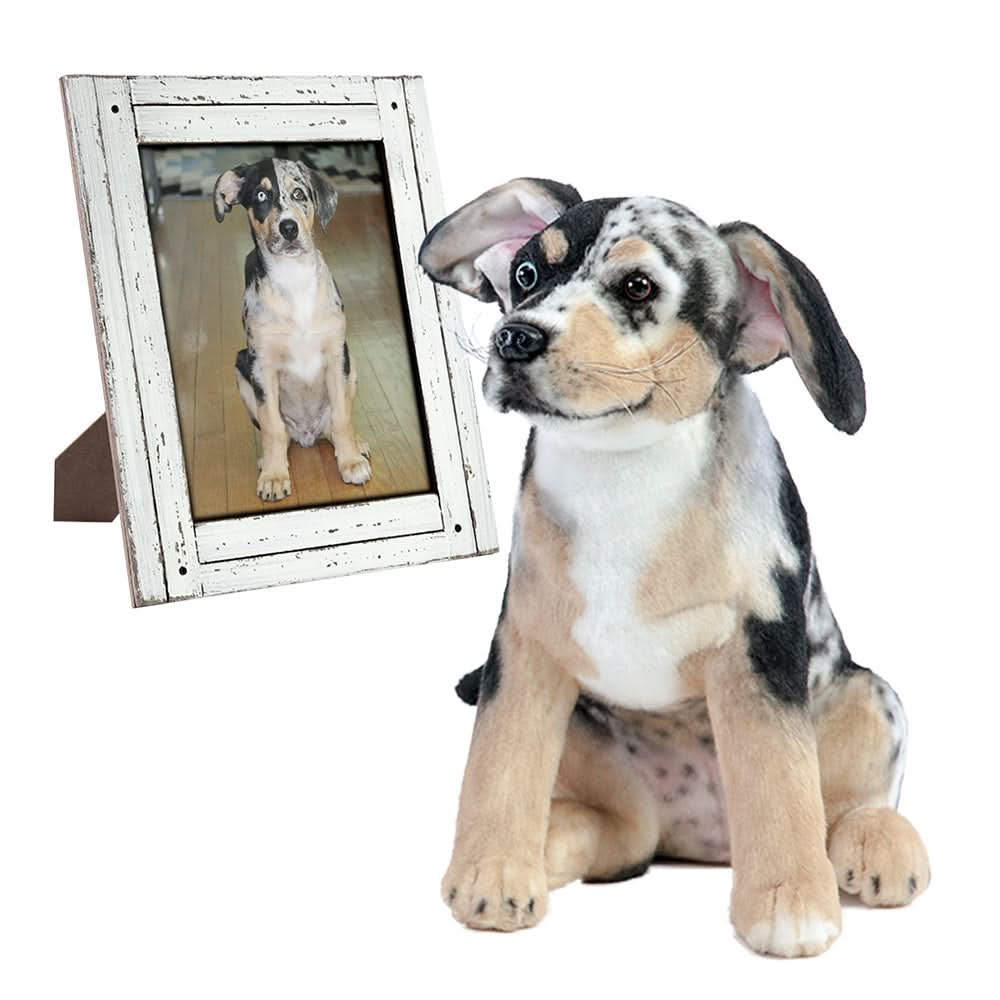

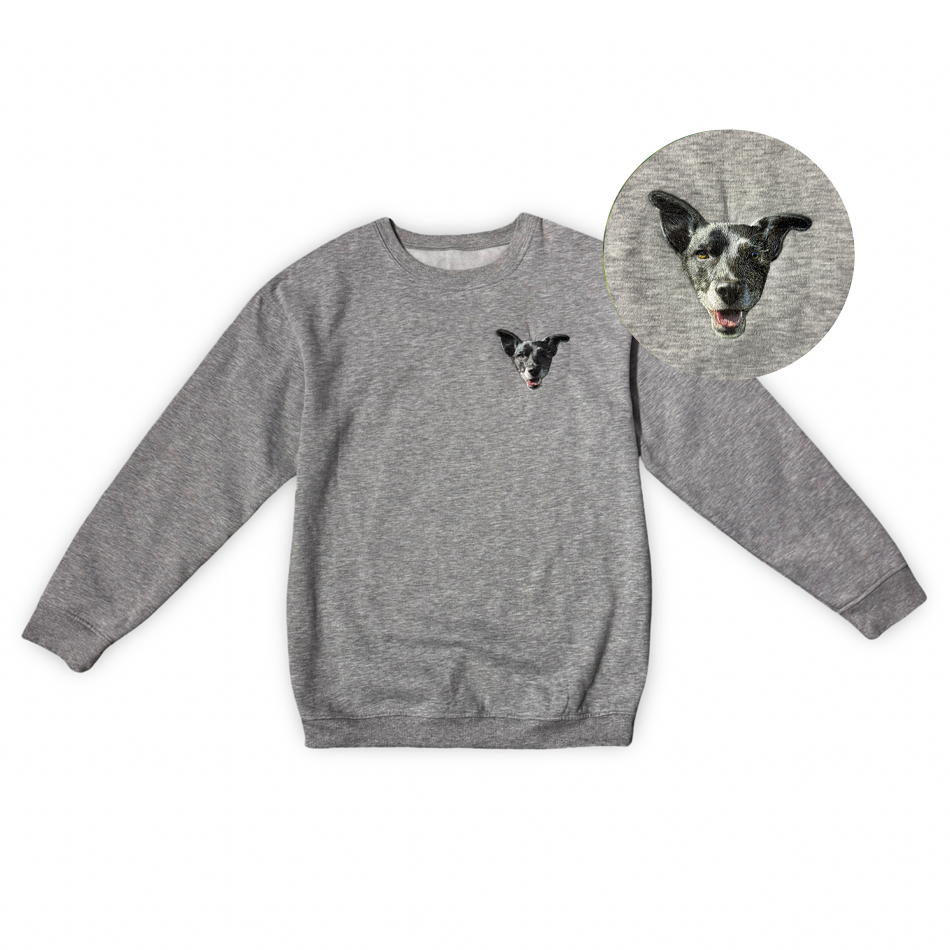
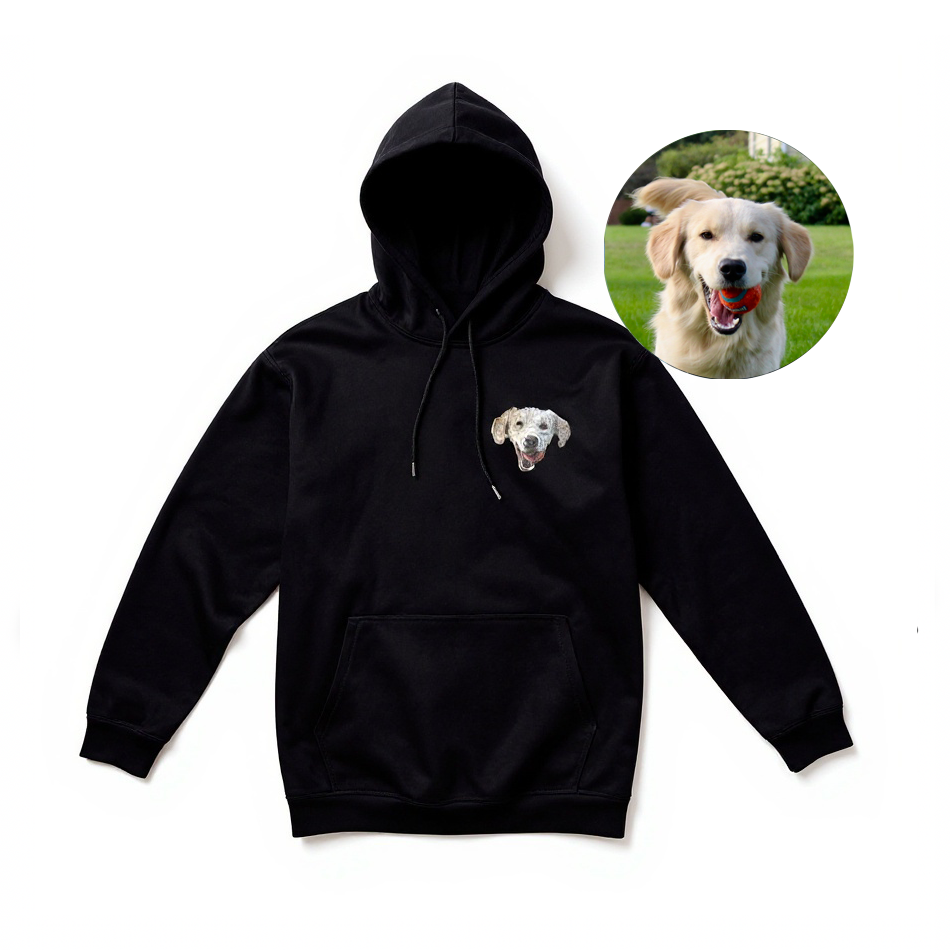

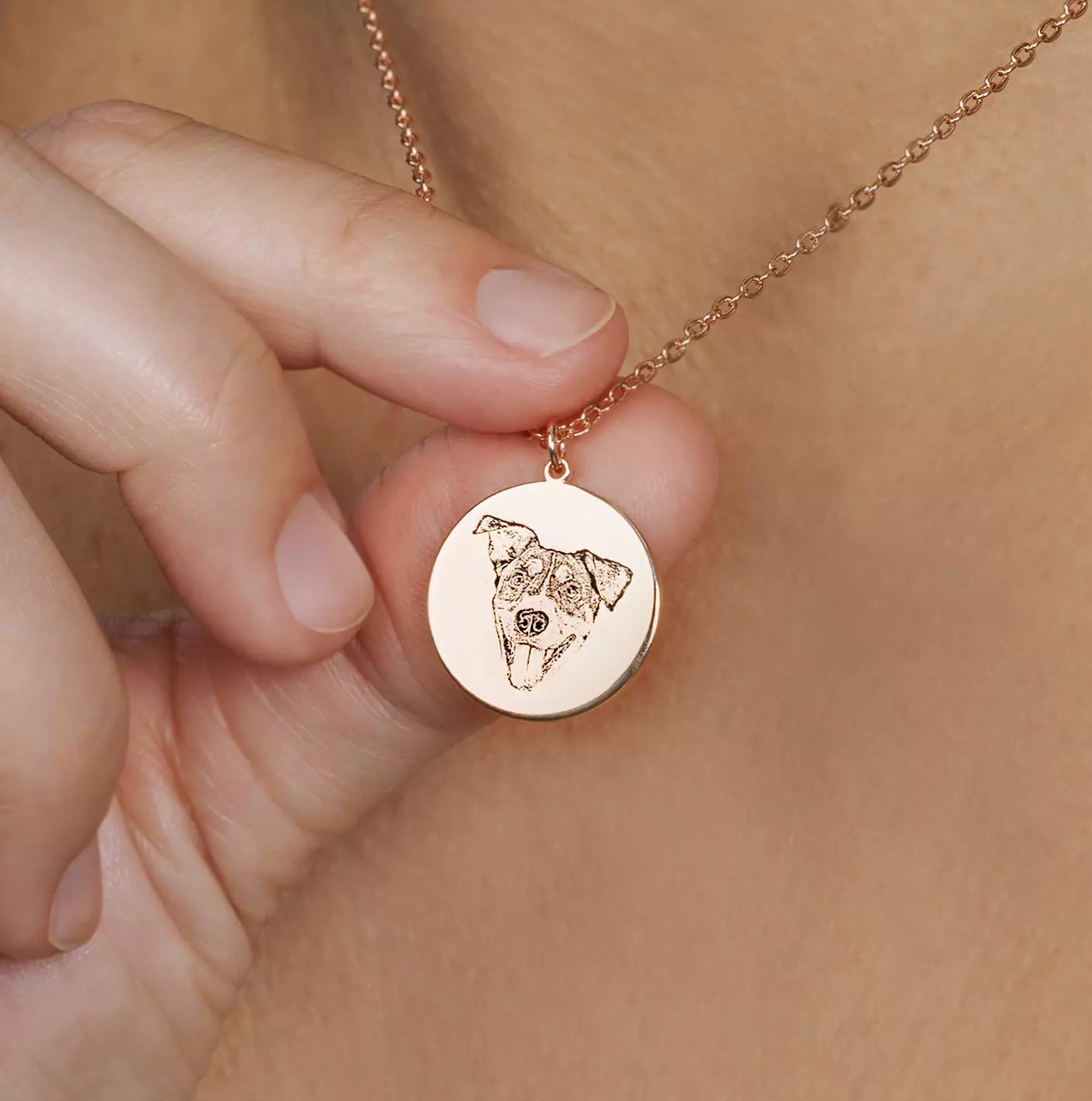
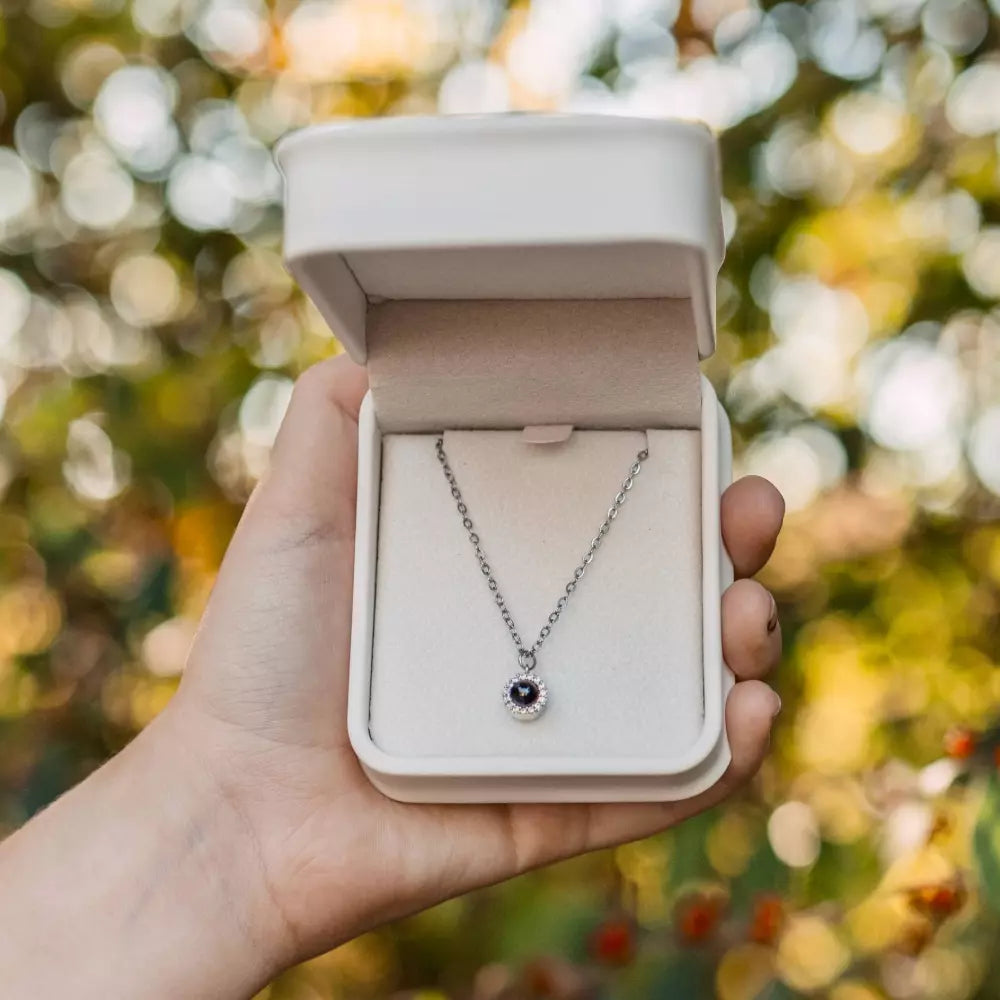
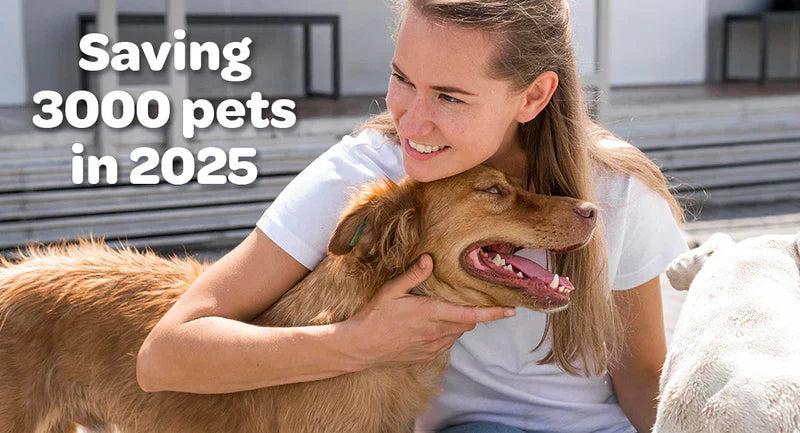
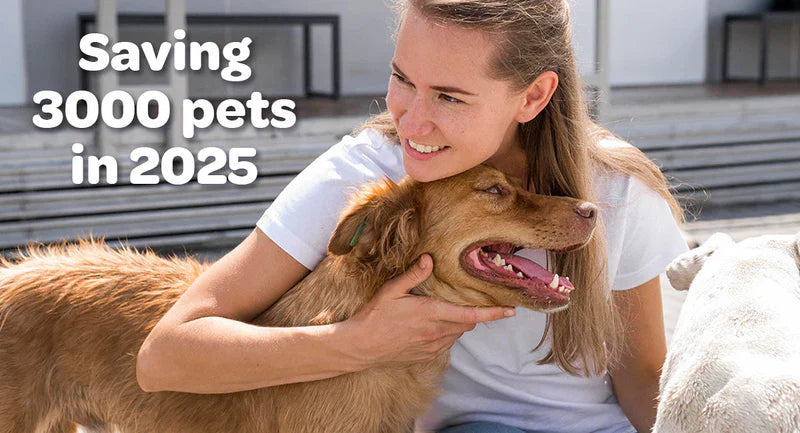
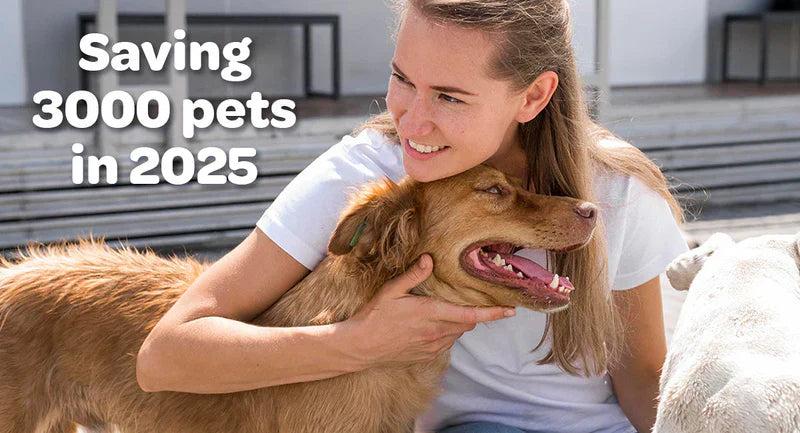
Leave a comment (all fields required)